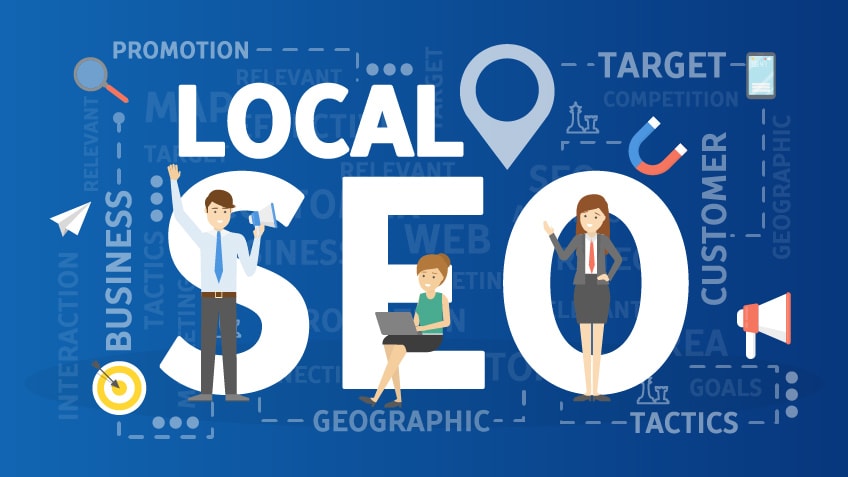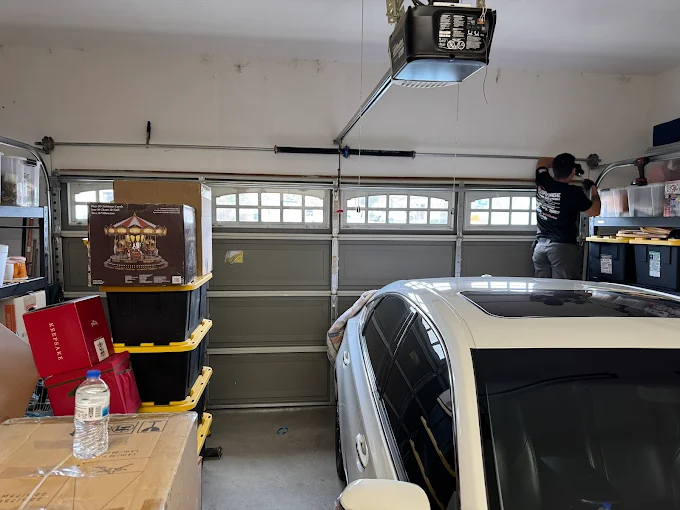
When it comes to growing an online business, getting noticed is half the battle. That’s where Ecommerce SEO services come into play. Simply put, Ecommerce SEO (Search Engine Optimization) is the practice of optimizing your online store to rank higher on search engines like Google. Higher rankings increase visibility, drive organic traffic, and ultimately, lead to higher conversions. However, with so many stores vying for attention, you need an SEO strategy that not only attracts visitors but also converts them into paying customers.
In this guide, we’ll dive deep into the essential components of E-commerce SEO packages and explain how these services can transform your online store. Whether you’re a small business owner or an established e-commerce brand, this post will equip you with the knowledge you need to improve your store’s SEO and see measurable results.
1. Understanding E-commerce SEO: What It Is and Why You Need It
Before we jump into the nitty-gritty of E-commerce SEO, let’s start with a solid understanding of what it involves.
E-commerce SEO refers to the process of improving your online store’s visibility in search engine results pages (SERPs). When potential customers search for products that you sell, you want your store to appear at the top of the list. This drives more organic (unpaid) traffic to your site.
Without a well-optimized site, your store will likely get lost among thousands of competitors. That’s where Ecommerce SEO services come in. These services help you implement strategies that:
- Improve product page rankings
- Enhance user experience
- Optimize your site structure
- Boost conversion rates
By targeting the right keywords, creating high-quality content, and optimizing product pages, Ecommerce SEO can help your store stand out and increase sales.
2. Key Components of Ecommerce SEO Services
To successfully implement E-commerce SEO, there are several key components you must consider. These elements work together to ensure that your online store is both discoverable and attractive to search engines and users alike.
Keyword Research and Optimization
Effective keyword research is the foundation of any SEO strategy. Without identifying the right keywords, your SEO efforts will be misdirected. By understanding what your customers are searching for, you can tailor your content, product descriptions, and metadata to meet their needs.
Actionable Tip: Use tools like Google Keyword Planner, Ahrefs, or SEMrush to find relevant keywords with high search volume and low competition. Focus on long-tail keywords that are specific to your products.
On-Page SEO for Ecommerce
On-page SEO involves optimizing individual pages on your site, including product pages, category pages, and blog posts. Key elements to focus on include:
- Title Tags & Meta Descriptions: Ensure each product or category page has a unique and optimized title tag and meta description.
- URL Structure: Use short, descriptive URLs that are easy to read and include targeted keywords.
- Product Descriptions: Write compelling, keyword-rich product descriptions that highlight the benefits of the product.
- Image Optimization: Compress image sizes and use descriptive file names and alt tags to improve site speed and visibility in image searches.
Technical SEO for E-commerce Sites
Technical SEO focuses on the backend of your website, ensuring that it’s structured correctly for search engines. This includes improving page load speed, mobile responsiveness, and optimizing your site’s architecture.
Actionable Tip: Tools like Google PageSpeed Insights and GTmetrix can help you identify and fix issues that could be affecting your website’s performance.
3. How Ecommerce SEO Packages Can Save You Time and Effort
If you’re new to SEO or simply don’t have the time to implement it yourself, E-commerce SEO packages may be the right solution for you. These packages often come with a range of services designed to improve your store’s visibility and conversion rates.
Some common features of E-commerce SEO packages include:
- Comprehensive SEO Audits: Analyzing your website to identify SEO gaps and opportunities.
- On-Page Optimization: Ensuring all your product and category pages are optimized for search engines.
- Content Creation: Writing SEO-friendly product descriptions, blog posts, and landing pages.
- Link Building: Acquiring quality backlinks to improve your site’s authority and ranking.
The beauty of SEO packages is that they are tailored to fit the specific needs of your business. Instead of hiring individual freelancers or teams to handle different SEO aspects, a package provides a holistic, streamlined approach to improving your store’s search engine performance.
4. E-commerce SEO vs. Traditional SEO: What’s the Difference?
You may be familiar with traditional SEO, which typically focuses on optimizing websites for blogs, service pages, or informational content. But E-commerce SEO services are different because they are tailored to the unique structure and goals of an online store.
Here are some key differences:
- Product Pages: E-commerce SEO focuses heavily on optimizing individual product pages for both product-specific keywords and transactional search queries.
- Category Pages: E-commerce sites often have multiple categories or subcategories, which requires different SEO strategies.
- Transaction Optimization: Ecommerce SEO doesn’t just aim to bring visitors to your site but also focuses on converting them into customers.
- E-commerce Platforms: Ecommerce SEO needs to consider the platform your store is built on (Shopify, WooCommerce, Magento, etc.) and optimize according to the platform’s unique capabilities.
While both traditional SEO and E-commerce SEO aim to improve search engine rankings, E-commerce SEO services have a much stronger focus on conversion and user experience.
5. Optimizing Your E-commerce Site for Conversions
It’s one thing to bring traffic to your online store, but the ultimate goal is to turn those visitors into paying customers. Conversion rate optimization (CRO) should be a key part of your SEO strategy.
Clear Calls-to-Action (CTAs)
Your product pages should have prominent and clear CTAs like “Add to Cart” and “Buy Now.” The easier it is for customers to take action, the higher your chances of converting them.
Trust Signals
Online shoppers are cautious, especially when buying from new stores. To improve trust, include customer reviews, product ratings, and security badges on your pages. Trust signals make customers feel confident in their purchase decisions.
Mobile Optimization
More consumers are shopping on their mobile devices than ever before. If your site isn’t mobile-friendly, you could be losing a significant amount of potential customers. Ensure that your site is responsive and loads quickly on mobile devices.
6. Measuring the Success of Your Ecommerce SEO Efforts
Once you’ve implemented E-commerce SEO services, it’s important to track your progress to see what’s working and where you need to adjust. Here are a few metrics to keep an eye on:
Organic Traffic
Track the number of visitors coming from search engines. A steady increase in organic traffic indicates that your SEO efforts are paying off.
Conversion Rate
Use Google Analytics or your platform’s built-in analytics to track how many visitors are converting into paying customers. Improving conversion rate is the ultimate goal of any SEO strategy.
Keyword Rankings
Monitor your keyword rankings regularly to ensure that your product pages are ranking for the keywords you’re targeting. Tools like Ahrefs or SEMrush can help with this.
Conclusion:
Effective E-commerce SEO services are a long-term investment in your online store’s success. By optimizing your site for search engines, improving user experience, and focusing on conversion optimization, you can significantly boost both traffic and sales. Whether you’re looking to improve your search engine rankings or implement a complete SEO overhaul, E-commerce SEO packages can offer you the support and expertise you need.
Don’t underestimate the power of good SEO—when done right, it can transform your online business from being just another e-commerce store into a thriving, high-converting powerhouse.






